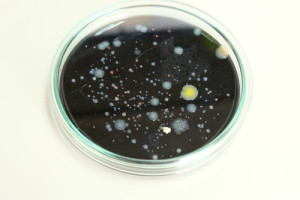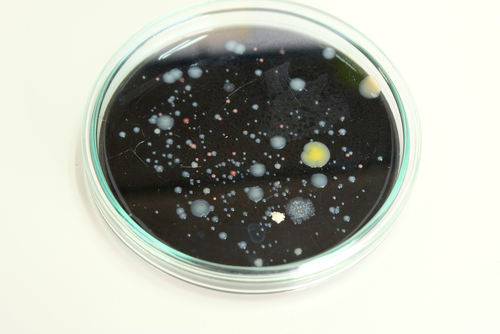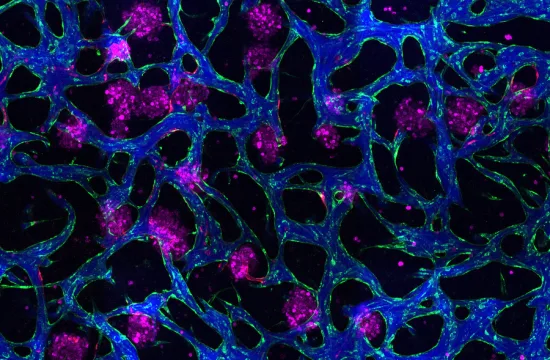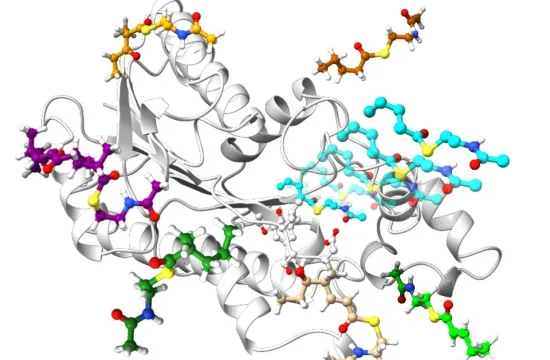|
Getting your Trinity Audio player ready...
|

Yeast has been used for centuries to make beer and wine. But now, through some major genetic engineering, the fungi have now been altered to produce opiates, according to a team of scientists.
The results could change the way that costly painkillers are manufactured in the future – making compounds in days instead of the year-long process involving farming poppies, according to the findings, published in science.
Twenty-three genes from poppies, bacteria and even a rodent were expressed in the yeast strains, which used simple sugar to produce hydrocodone and thebaine, an opiate precursor used to manufacture oxycodone, according to the Stanford University team.
“When we started work a decade ago, many experts thought it would be impossible to engineer yeast to replace the entire farm-to-factory process,” said senior author Christina Smolke, associate professor of bioengineering at Stanford, and the lead author.
“This is only the beginning,” Smolke added. “The techniques we developed and demonstrate for opioid pain relievers can be adapted to produce many plant-derived compounds to fight cancers, infectious diseases and chronic conditions such as high blood pressure and arthritis.”
Although the results have been achieved, further work is needed to optimize the process – and make it responsible, the authors said. The World Health Organization said 5.5 billion in the world would have difficulty getting painkillers when they are needed – even while there is a problem of abuse in the United States and in some other developed countries around the world.
But the concept means those without access to costly pain-relieving drugs may someday have better choices, Smolke added.
“The molecules we produced and the techniques we developed show that it is possible to make important medicines from scratch using only yeast,” she said. “If responsibly developed, we can make and fairly provide medicines to all who need.
“We need options to help ensure that the bio-based production of medicinal compounds is developed in the most responsible way.”







